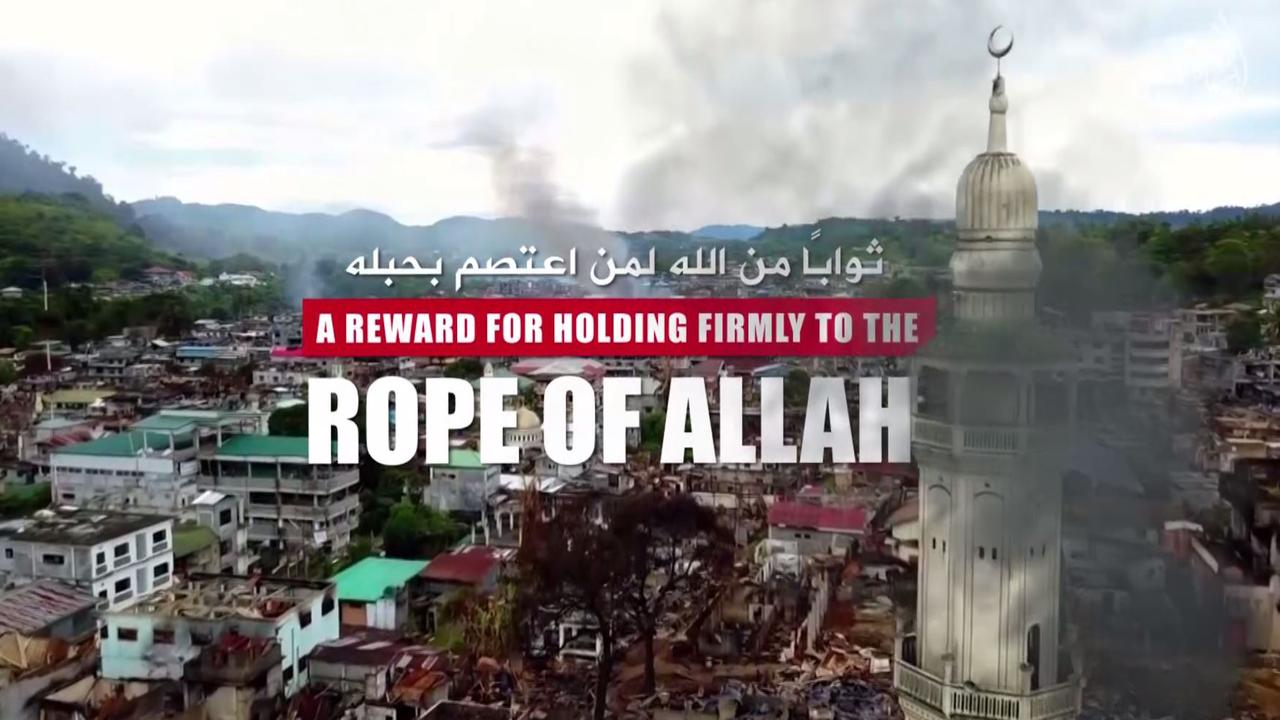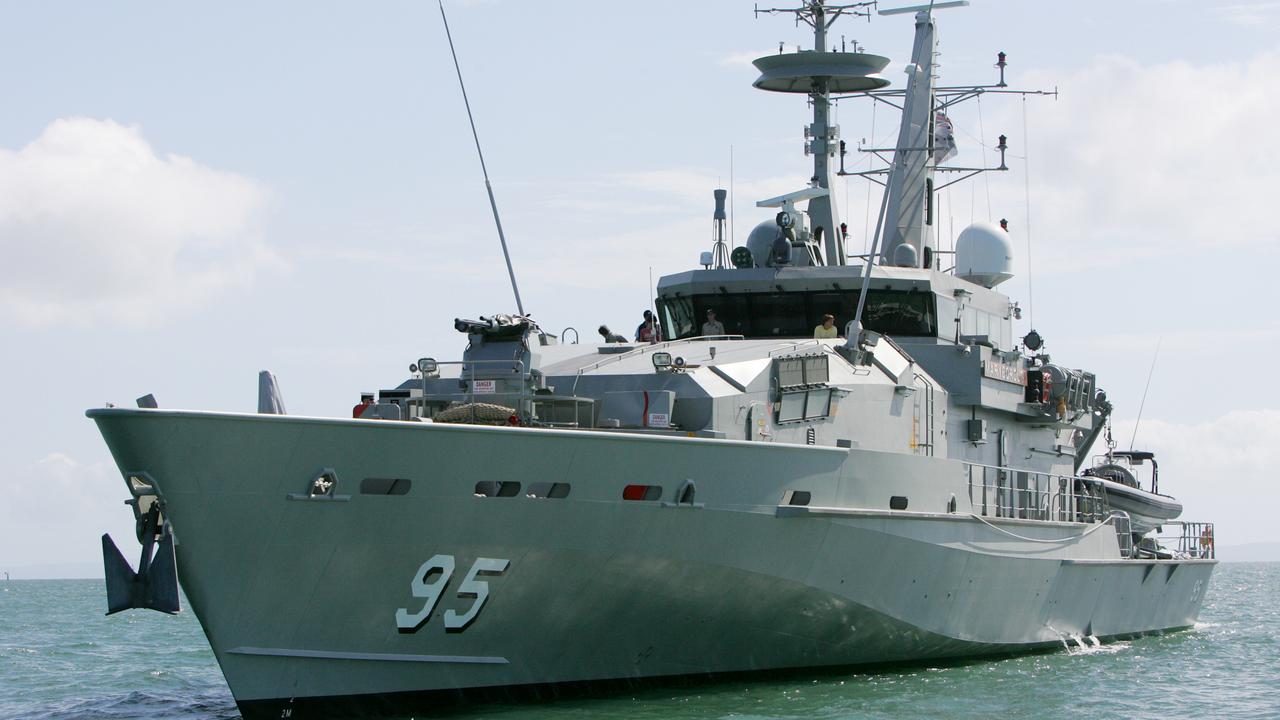Terrorists close on Baghdad as Barack Obama rallies allies
US President Barack Obama rallied allied commanders yesterday around his strategy to defeat Islamic State.

US President Barack Obama rallied allied commanders yesterday around his strategy to defeat Islamic State, as the terrorist army’s advances threatened the western outskirts of Baghdad and a massacre in the Syrian town of Kobane.
Islamic State’s advance towards Baghdad has been so rapid, fears are growing that Australian commandos might get to Iraq too late to retrain Iraqi troops.
Australian defence specialist Peter Jennings warned last night that the terrorists could bombard Baghdad’s airport and begin an advance into suburbs of the Iraqi capital in little more than a week.
Coalition jets carried out two dozen strikes to ease pressure on Kobane, but the US President admitted to deep concern about the Syrian border town’s fate and he warned of a long campaign ahead.
In Washington, he and his military’s top officer, Martin Dempsey, met senior commanders from more than 20 Western and Arab allies involved in the campaign, including Australian Defence Force chief Mark Binskin.
“One of the things that has emerged from the discussions, both before I came and during my visit here, is that this is going to be a long-term campaign,” Mr Obama said. “There are not quick fixes involved. We’re still at the early stages.” He said efforts were focused on breaking the siege of Kobane and on halting the advance of Islamic State — also known as ISIL — in western Iraq.
“As with any military effort, there will be days of progress and there are going to be periods of setback, but our coalition is united behind this long-term effort,” Mr Obama said.
“At this point we’re also focused on the fighting that is taking place in Iraq’s Anbar province, and we’re deeply concerned about the situation in and around the Syrian town of Kobane.”
Islamic State fighters were in almost complete control of Sunni-majority Anbar after the collapse of the province’s biggest military garrison at Hit on Monday allowed Islamic State to encircle the provincial capital of Ramadi, 55km west of Baghdad.
The meeting at Andrews Air Force Base outside Washington came after allied jets carried out 21 strikes over two days around Kobane. The bombing was designed to halt an Islamic State offensive, which has let jihadists push into the town, threatening a massacre under the noses of Turkish troops.
A Syrian exile rights group said the latest strikes had at least saved Kobane from “falling entirely into the jihadists’ hands”, but Mr Obama admitted he was worried.
Tony Abbott said yesterday the status of forces agreement with Iraq, which would provide the legal protection Australian military instructors needed before they flew to Baghdad, was taking longer than expected. The Prime Minister said he expected that would be resolved within days.
Mr Jennings, a former senior Defence official who heads the Australian Strategic Policy Institute and the advisory panel for the Abbott government’s defence white paper, said the situation in Baghdad could change rapidly and dramatically for the worse.
He said Islamic State had infiltrated the town of Abu Ghraib, effectively a dormitory suburb northwest of the capital, while capturing much of Anbar province.
“Things are moving very quickly on the ground in and around Baghdad,” he said. “We are in a very bad situation right now.”
Over the past week, increased Islamic State pressure, along with ground attacks near Baghdad and bombings inside the city, clearly indicated that the security situation was deteriorating.
Mr Jennings said Islamic State had taken stock, re-examined its tactics and adapted itself to deal with airstrikes.
“It may not be possible to train an Iraqi military unit because the Iraqi government may have simply evaporated under us,” he said. “I think that creates an immense strategic problem for the rest of the world and we’re going to have to think about how we handle it.”
Speaking after the talks, Air Chief Marshal Binskin said that, although Islamic State had some tactical influence, the coalition had the strategic momentum and would continue to build on its successes. “ISIL is an adaptive enemy but the coalition is agile and we have the ability, as partners, to come together to provide the capabilities required to disrupt and degrade their attack,” he said.
He said 60 nations, including Australia, had joined the coalition to disrupt and degrade Islamic State across a number of areas, giving political, economic, humanitarian and military support.



To join the conversation, please log in. Don't have an account? Register
Join the conversation, you are commenting as Logout